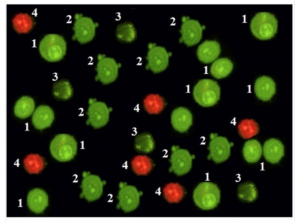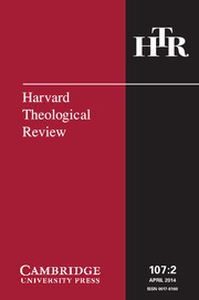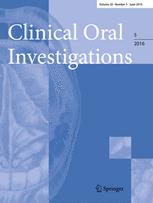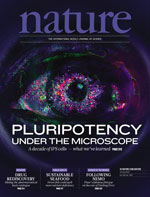 Authors have retracted a Nature paper which identified neurons that render flies sensitive to a potent insect repellent, after losing confidence in the findings. The first author, however, said she does not agree with the retraction, noting that she continues to believe the data are correct.
Authors have retracted a Nature paper which identified neurons that render flies sensitive to a potent insect repellent, after losing confidence in the findings. The first author, however, said she does not agree with the retraction, noting that she continues to believe the data are correct.
According to the notice, the remaining authors say they no longer support the claim that certain neurons in the antennae of fruit flies are repelled by DEET, the active ingredient in many insect repellents. The last author told us some of the paper’s results are not in doubt; nevertheless, he added, the paper would not have been published in Nature without the key conclusion, so he and most of his co-authors have pulled the paper in its entirety.
Alongside the retraction, the journal has also published a Brief Communications Arising article by scientists who were unable to reproduce the paper’s findings.
Here’s the retraction notice, published today:
Continue reading Authors pull Nature paper about DEET and flies
 There’s so much publishing news to report, we don’t always get to cover every retraction when it appears. To get the word out more quickly, sometimes we publish a group of papers pulled for similar reasons, such as duplications. Below, we present five recent cases of plagiarism, such as using text or figures that the authors didn’t originally write.
There’s so much publishing news to report, we don’t always get to cover every retraction when it appears. To get the word out more quickly, sometimes we publish a group of papers pulled for similar reasons, such as duplications. Below, we present five recent cases of plagiarism, such as using text or figures that the authors didn’t originally write.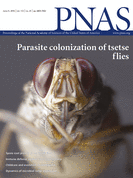

 JAMA has decided not to retract an article about
JAMA has decided not to retract an article about 